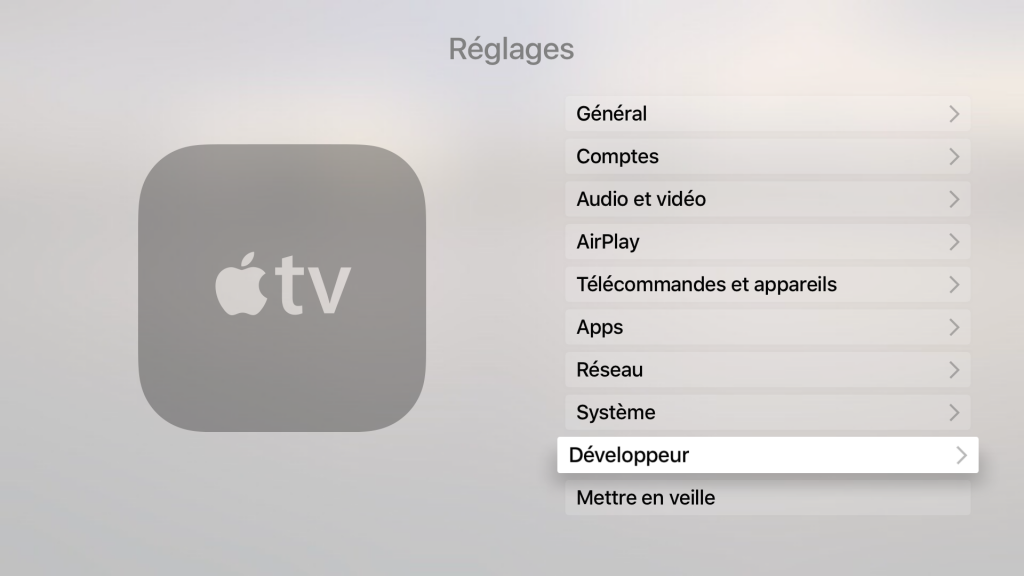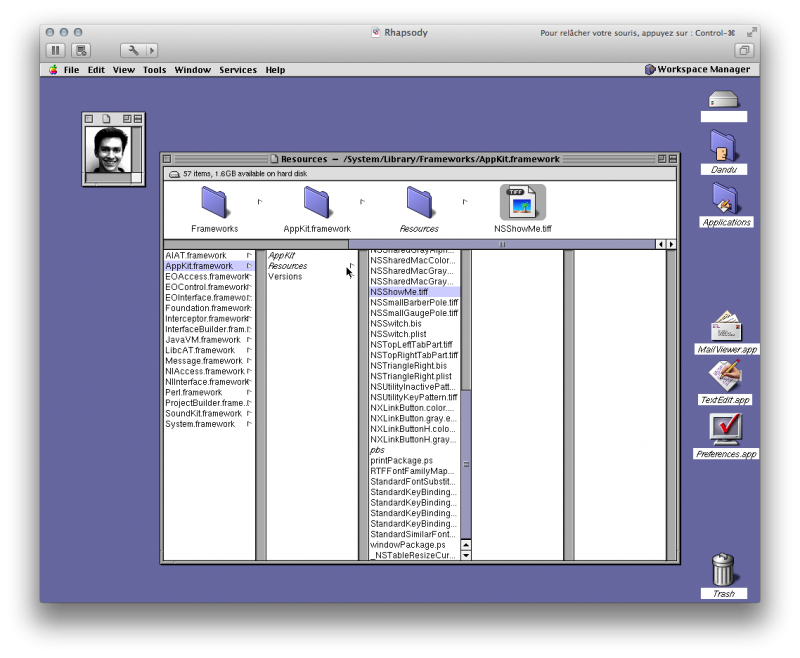

There, you can see websites you visited on specific dates (Today, Last Week, 3 Weeks Ago, etc.). Click the star on the top-right and click the History tab. You have the option to get rid of your browsing history using the Favorites Menu. If you instead click Settings, you go to a History tab, where you can ensure your history is only collected for a specific number of days and automatically deletes anything older. On the General tab, check a box next to Delete browsing history on exit, or click the Delete button to instantly get rid of history, passwords, cookies, cached data (called Temporary Internet files and website files), and more. But if you can't, you can wipe the history in IE11 and IE10 by going to the Gear icon on the upper left and selecting Internet Options.

Still using Internet Explorer (IE)? You should stop. Click Manage your data to visit a page on your Microsoft account (Opens in a new window) where you can delete that synced browser activity history. Like Google, Microsoft is keeping some of your history online. Toggle the switch for Browser History to delete it every time.
#Macjournal cache how to
Here's how to remove the history.īack up a step into Settings and you'll see a link that says Choose what to clear every time you close the browser. It may make your web travels a little less convenient, but that's the price of security. Or perhaps the smartest move of all: make sure it is never even stored. What can you do to keep your past visits hidden? Delete them. Let's assume you're not a criminal and just want a little digital privacy. The caveat: the individual in question (Opens in a new window) also did a lot of other stupid things. (In the end, he prevailed.) In the US, the Sarbanes-Oxley Act (Opens in a new window) is intended to prevent evidence deletion by corporations, yet it's been applied to at least one individual. But consider that in 2016 an employee was accused in a Canadian court of destroying evidence (Opens in a new window) after he cleared the browser history of his own personal laptop. Think that's fear-mongering? Hopefully it is, for 99% of us. These days, simply visiting can be impetus enough for outrage, blackmail, or whatever you fear most in reprisal. It doesn't even matter if you never stopped to look at the site's contents. The reality is, it can be used against you by significant others, friends, coworkers, teachers, even the authorities. It doesn't matter if you're encrypting your emails, using Tor and VPNs while browsing to stay anonymous, or if you wear a false moustache at your desk: if someone has access to your devices, they can see where you've been.Ī browser will hold your history indefinitely in the event you need to find your way back to a perhaps-forgotten corner of the internet you visited once upon a time.
#Macjournal cache Pc
Think of the romantic "comedies" where a guy (it's always a guy) finds himself in hot water after his girlfriend looks at his browser history.įor most of us, sharing a PC is normal (sadly, setting up multiple user accounts is not) and handing off a smartphone to someone isn't unheard of. And it can lead to trouble it's practically a cliché. The browser history-a list of every page you've visited online and the time you were there-is a standard of modern computing.
#Macjournal cache mac
How to Record the Screen on Your Windows PC or Mac.

How to Convert YouTube Videos to MP3 Files.How to Save Money on Your Cell Phone Bill.
#Macjournal cache free


 0 kommentar(er)
0 kommentar(er)
